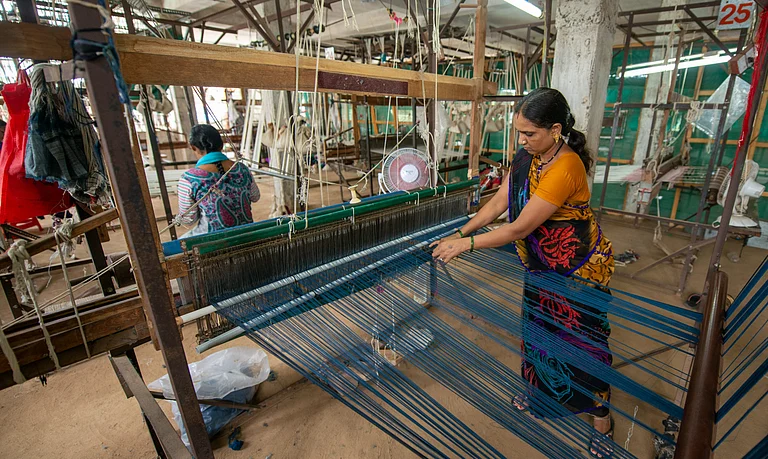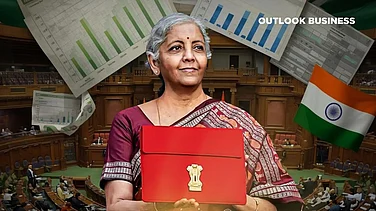In Budget 2025, Finance Minister Nirmala Sitharaman announced the introduction of a presumptive taxation regime for non-residents providing services to Indian companies establishing or operating electronics manufacturing facilities.
This initiative is expected to simplify tax compliance and attract foreign investment, enhancing the country's manufacturing capabilities.
“We welcome the Budget’s emphasis on strengthening India’s electronics manufacturing ecosystem. The rationalisation of tariffs on key inputs and components creates a more competitive cost structure and encourages deeper integration with global value chains. Streamlined tax frameworks and continued support for skilling and infrastructure reduce compliance burdens, driving innovation in areas like clean energy and advanced electronics, and boosting India’s global competitiveness, “ said Mr Pankaj Mohindroo, Chairman, ICEA.
Sitharaman also proposed a safe harbour provision for non-residents who store components intended for specified electronics manufacturing units. This move aims to provide tax certainty, encouraging more foreign companies to engage with Indian manufacturers without the fear of unexpected tax liabilities. This is particularly vital as India seeks to position itself as a global electronics hub, targeting $500 billion in output by 2030.
Historically, previous budgets have laid the groundwork for this initiative. For instance, the 2021 budget introduced the Production-Linked Incentive (PLI) scheme, which incentivized local production and aimed to reduce dependency on imports. The 2023 budget further expanded support for semiconductor manufacturing, reflecting the government's commitment to enhancing domestic capabilities.
“This presumptive taxation regime will lead to effective tax of 10% on the income earned by the non-resident. Though it is not clear, however, there should also be provisions prescribed which will mitigate the challenges of creating a permanent establishment for such non-residents in India and related tax obligations, including compliances,” says Pranay Bhatia, Founder and Managing Partner, EFFIINEXT Advisory LLP.
With these new measures, industry leaders express optimism that the 2025 budget will significantly strengthen India's electronics manufacturing landscape, fostering innovation and creating jobs while aligning with the broader Make in India vision.
































